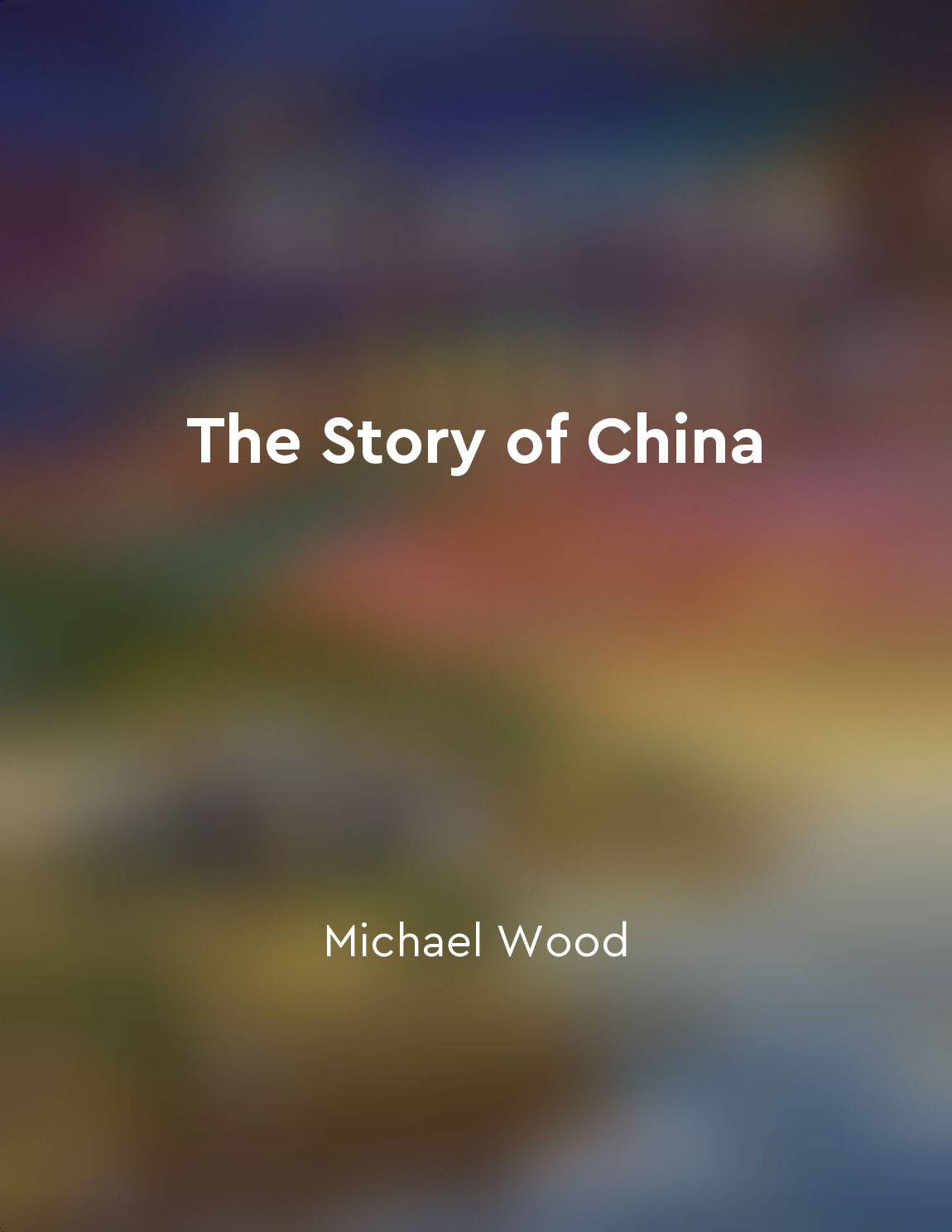Audio available in app
The Boxer Rebellion was a nationalist uprising against foreign influence from "summary" of The Story of China by Michael Wood
In the late 19th century, China found itself in a state of turmoil. Foreign powers such as Britain, France, Germany, Russia, and Japan were exerting their influence over the country, carving out spheres of influence and imposing unequal treaties. The Chinese people were growing increasingly resentful of this foreign interference in their affairs. Amidst this backdrop of discontent, a secret society known as the Boxers emerged in northern China. The Boxers, also known as the Society of Righteous and Harmonious Fists, were a group of martial artists who believed they had special powers that made them immune to bullets. They were deeply nationalistic and anti-foreign, seeing the presence of foreigners in China as a threat to their way of life. The Boxers targeted foreign missionaries, Chinese Christians, and anyone they perceived as collaborating with the foreigners. They carried out acts of violence and vandalism, seeking to drive out all foreign influence from China. Their actions quickly escalated, leading to a full-scale rebellion against the foreign powers. The Boxer Rebellion of 1900 was a violent and chaotic period in Chinese history. Foreigners were killed, foreign embassies were besieged, and foreign property was destroyed. The foreign powers responded by sending in troops to quell the rebellion, leading to a bloody conflict that resulted in thousands of deaths on both sides. The Boxer Rebellion was a turning point in Chinese history. It highlighted the deep-seated nationalist sentiment among the Chinese people and their desire to rid their country of foreign influence. It also exposed the weakness of the ruling Qing dynasty, which was unable to control the rebellion or protect its citizens.- China was forced to sign the Boxer Protocol, which imposed heavy indemnities and further concessions on the country. The rebellion ultimately failed in its goal of driving out the foreigners, but it left a lasting impact on Chinese society and set the stage for the tumultuous events that would follow in the years to come.


